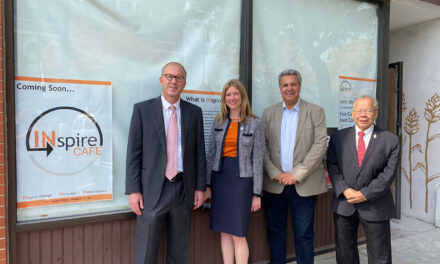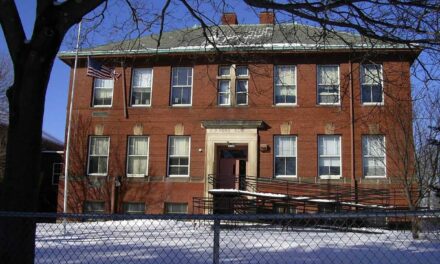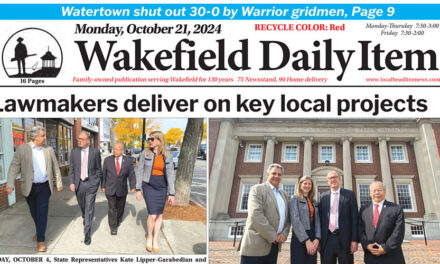School Department officials have acknowledged that their requested 11.4 percent budget increase for Fiscal Year 2016 is “a big ask.”
The largest piece of that increase is $1,176,875 (3.8 percent) for “contractual salary obligations.” Another $658,174 (2.1 percent) is for SPED tuitions and $628,218 (2 percent) goes to fund salaries related to the newly instituted full-day kindergarten. An additional $378,956 (1.2 percent) is slated for other new positions. A combination of amounts for items like curriculum, technology, transportation and utilities make up the remaining 2 percent of the requested budget increase.
In return, what Finance Committee chairman Gerard Leeman and other FinCom members wanted was a comparatively small “ask.” They wanted a commitment — or at least an affirmative statement — from someone in the School Department leadership that they would hold budget increases to 4 percent for each of the next three years.
Evidently, that was too much to ask, because school officials couldn’t quite bring themselves to utter those words.
Instead, what the FinCom heard from School Superintendent Dr. Stephen K. Zrike were words like, “I think we can work within those parameters,” and “We know what the expectations are.”
But when it came to the FinCom’s expectations for next few years, member Dan Sherman had no trouble finding the words.
“Any discussions, thoughts beyond 4 percent,” he said, “don’t even think about it. I want to make sure everybody on the School Committee heard that.”
School Committee Chairman Chris Callanan said, “It’s already out there. It has been for several months.”
The question is, will it still be “out there” a year or two or three from now, when future school budgets are being formulated.
Leeman and Sherman weren’t the only FinCom members with concerns about School Department spending.
Bill Boodry said that he was “troubled” by this year’s 11.4 percent budget increase.
Ed Dombroski said that he felt that “belt tightening” should have come first, before the town was asked to infuse another huge amount into the school system.
“Perhaps it would have been 8 or 9 percent instead,” he said.
Callanan responded that for the School Department, “Looking at inefficiencies is an ongoing process.”
But Dombroski pointed out that in the budget presentation for next year there was no mention of eliminating inefficiencies, “given the large ask.”
He also made the point that even if the School Department does come back next year with a 4 percent increase, “It will be 4 percent on a much larger budget.”
Leeman maintained that adherence to future 4 percent limits was “part of the sales pitch” to secure approval of this year’s 11.4 percent increase. His reason for being the sole FinCom “no” vote on the school budget was because he didn’t see a firm enough commitment from the School Department to hold up its end of the bargain.
All that Leeman and other FinCom members wanted to hear from the School Department were the words that they would hold the line on budget increases to 4 percent for the next three years.
Apparently, that was just too big an “ask.”





